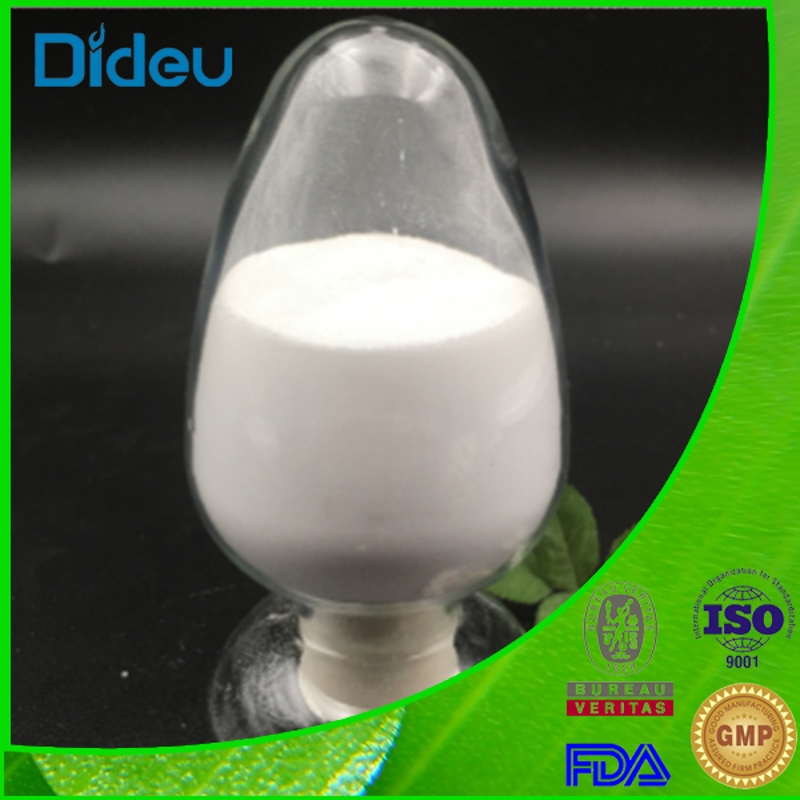-
Categories
-
Pharmaceutical Intermediates
-
Active Pharmaceutical Ingredients
-
Food Additives
- Industrial Coatings
- Agrochemicals
- Dyes and Pigments
- Surfactant
- Flavors and Fragrances
- Chemical Reagents
- Catalyst and Auxiliary
- Natural Products
- Inorganic Chemistry
-
Organic Chemistry
-
Biochemical Engineering
- Analytical Chemistry
- Cosmetic Ingredient
-
Pharmaceutical Intermediates
Promotion
ECHEMI Mall
Wholesale
Weekly Price
Exhibition
News
-
Trade Service
Written by Wang Cong
EditorWang Duoyu
TypesettingShuichengwen
Pancreatic cancer is a malignant tumor of the digestive tract with a high degree of malignancy and is difficult to diagnose and treat.
In recent years, the incidence and mortality of pancreatic cancer have increased significantly.
According to the latest WHO data, pancreatic cancer is the seventh most common cancer in China in 2020 (an estimated 120,000 new cancers in 2020) and the sixth most fatal cancer (an estimated 120,000 deaths in 2020)
On June 2, 2022, a research team from NYU Grossman School of Medicine published a paper entitled: Exercise-Induced Engagement of the IL-15/IL-15Rα axis Promotes Anti-Tumor Immunity in Cancer Cell, a top international oncology journal Research paper on Pancreatic Cancer
The study found that aerobic exercise can reprogram the immune system, inhibit pancreatic cancer tumor growth and enhance anti-tumor immunity
This study demonstrates that pharmacological activation of IL-15 improves survival in mouse models and increases the sensitivity of pancreatic tumors to immunotherapy and chemotherapy
Exercise promotes the survival of IL-15-sensitive CD8 T cells and doubles the number of them homing to mouse pancreatic ductal adenocarcinoma (PDAC) tumors, and the resulting effector T cells have been studied by other Proven to kill cancer cells
.
In this latest study, the research team used low-intensity treadmill running to simulate aerobic exercise by subjecting a mouse model of slowly progressive pancreatic ductal adenocarcinoma (PDAC) to 30-minute low-intensity runs five times a week.
movement
.
The results showed that this exercise effectively alleviated tumorigenesis, with a 50% reduction in tumor formation
.
In another group of mice, the mice started exercising 12 days after the tumor was transplanted, resulting in a 25% reduction in tumor weight
.
These findings suggest that aerobic exercise can exert antitumor effects in both tumor initiation and tumor progression in pancreatic ductal adenocarcinoma
.
Next, the team, working with researchers at MD Anderson Cancer Center, validated it in human pancreatic cancer patients, and found that those who exercised prior to surgery to remove their pancreatic cancer had higher numbers of CD8 effector T cells, These T cells express a protein called granzyme B (GZMB), which confers the ability to kill tumor cells
.
And another clinical trial, which began in 2017, showed that those who exercised and had more CD8 effector T cells had a 50 percent higher 5-year survival rate
.
Emma Kurz, first author of the paper, said the study is the first to show how aerobic exercise affects the immune microenvironment within pancreatic tumors
.
This study helps reveal that activation of IL-15 signaling in pancreatic cancer may be an important future therapeutic approach
.
As the role of IL-15 signaling in tumors has become clearer over the past few years, researchers have attempted to treat cancer by direct infusion of IL-15, but unfortunately this increases the risk of systemic inflammatory damage.
risk
.
After that, some studies began to focus on the receptor protein of IL-15, IL-15Rα, located on the surface of T cells and NK cells
.
The relationship between IL-15 and IL-15Rα is like a key and a lock
.
There are new drug candidates that mimic these "key and place" interactions, delivering messages to activate target cells
.
Pharmaceutical giant Novartis has been developing a "super agonist" drug, NIZ985, designed to boost IL-15/IL-15Rα pathway signaling and reduce the likelihood of harmful inflammatory effects
.
But this approach has not been tested in large numbers of pancreatic cancer patients
.
In this study, they found that both aerobic exercise and treatment with Novartis' "super agonist" drug, NIZ985, improved the effects of chemotherapy and immune checkpoint inhibitor (anti-PD-1 mAb) therapy
.
The advent of immune checkpoint inhibitors has changed the landscape of cancer treatment, but it has little effect on pancreatic ductal adenocarcinoma
.
In this study, they found that treatment with an anti-PD-1 mAb alone increased the number of IL-15-sensitive, tumor-killing CD8+ T cells in mouse pancreatic tumors by 66 percent
.
And when combined with exercise, it increased by 175%
.
In addition, the research team also found that NIZ985, a super agonist of IL-15, combined with anti-PD-1 monoclonal antibody can increase the survival rate of mice with advanced pancreatic cancer by 100%
.
The study shows that exercise and related IL-15 signaling can improve the response of drug-resistant pancreatic cancer to immunotherapy, said study leader Dafna Bar-Sagi
.
Even low-intensity exercise can profoundly alter the tumor microenvironment, illustrating the potential of exercise in treating the deadly tumor of pancreatic cancer
.
Based on the findings, the research team is collaborating on a human clinical trial to assess the immune impact of exercise on pancreatic cancer patients
.
In addition, the research team plans to continue to explore the effect of super agonists of IL-15 in combination with chemotherapy drugs in the treatment of pancreatic cancer
.
Paper link:
reprint welcome to forward to Moments and WeChat groups






